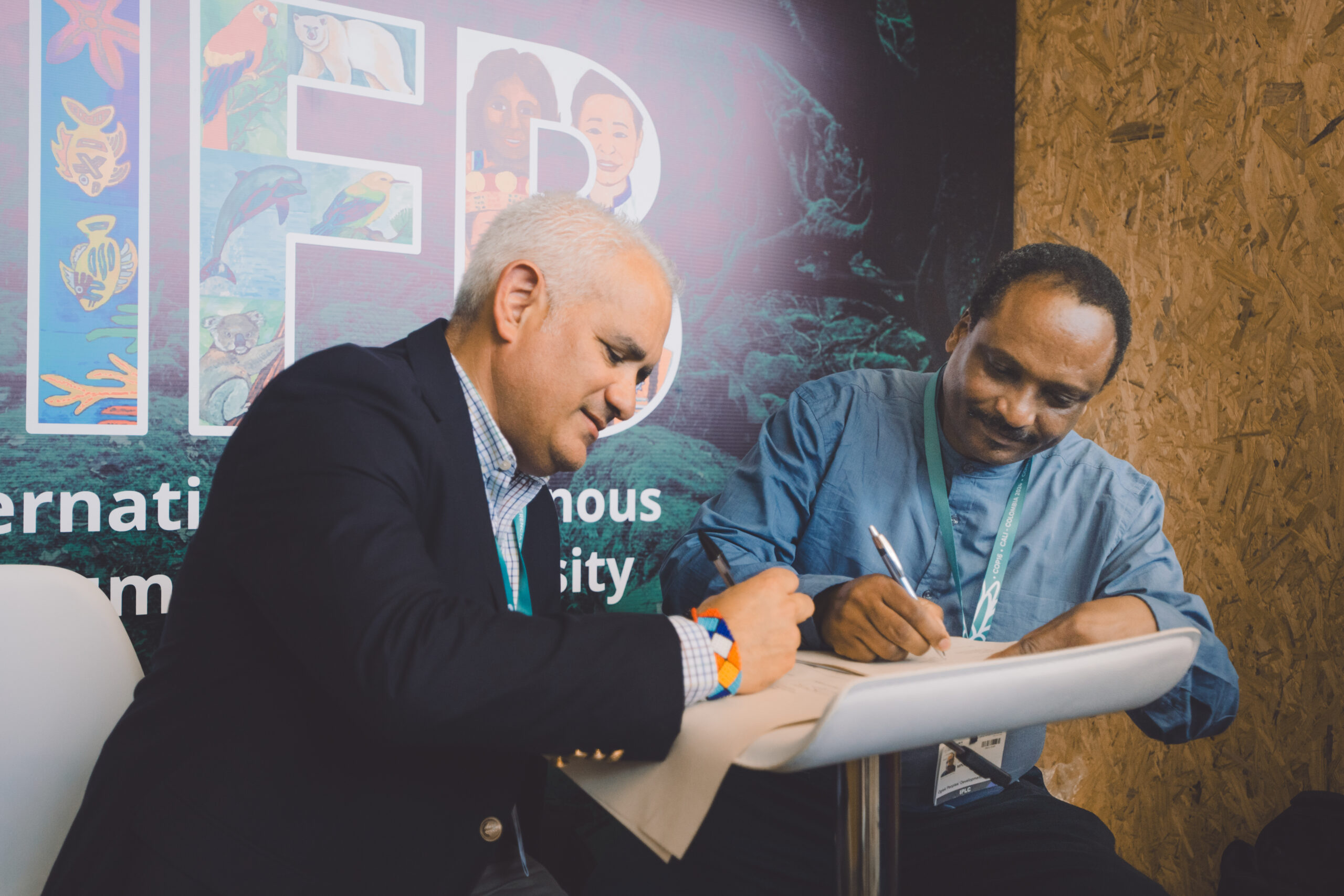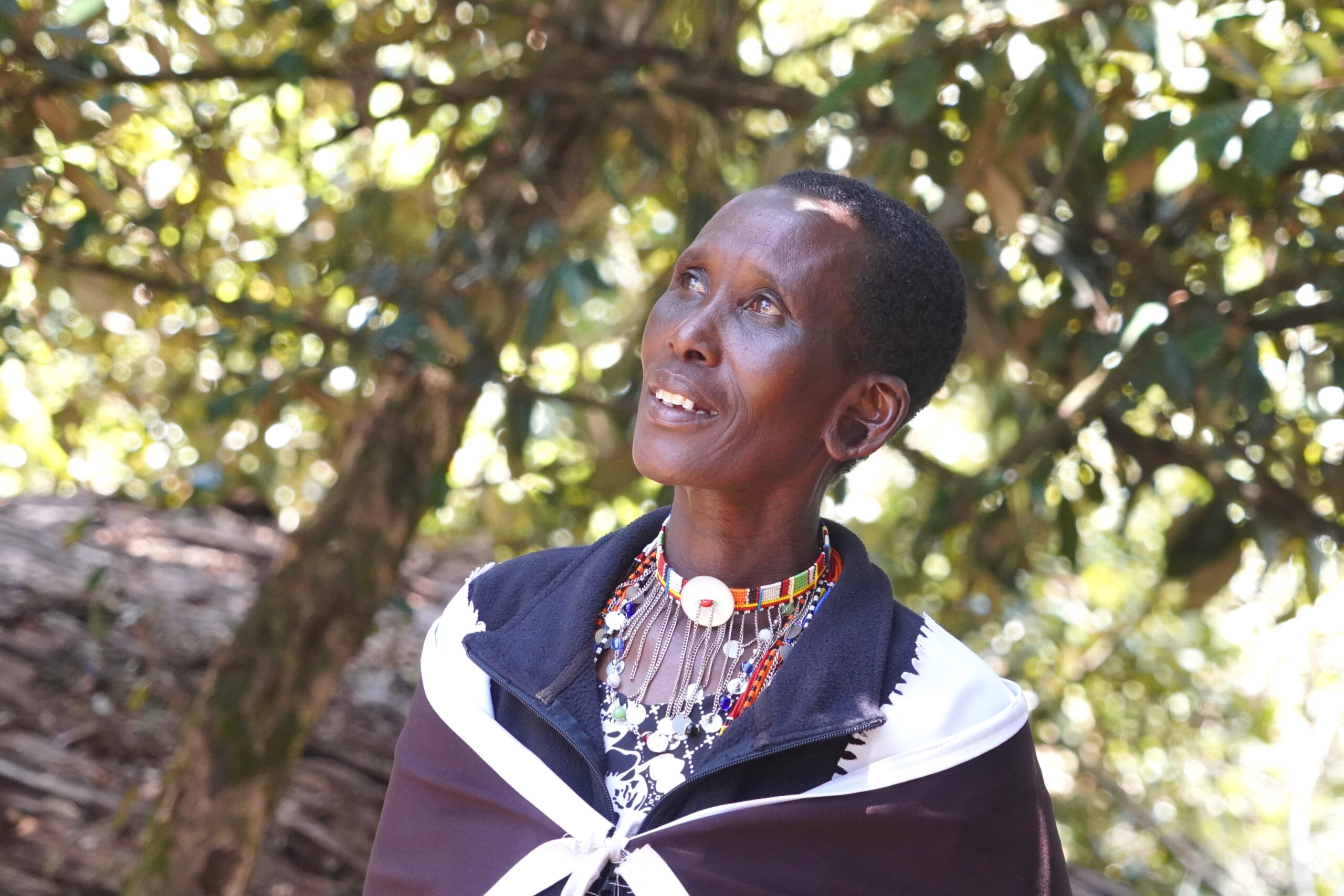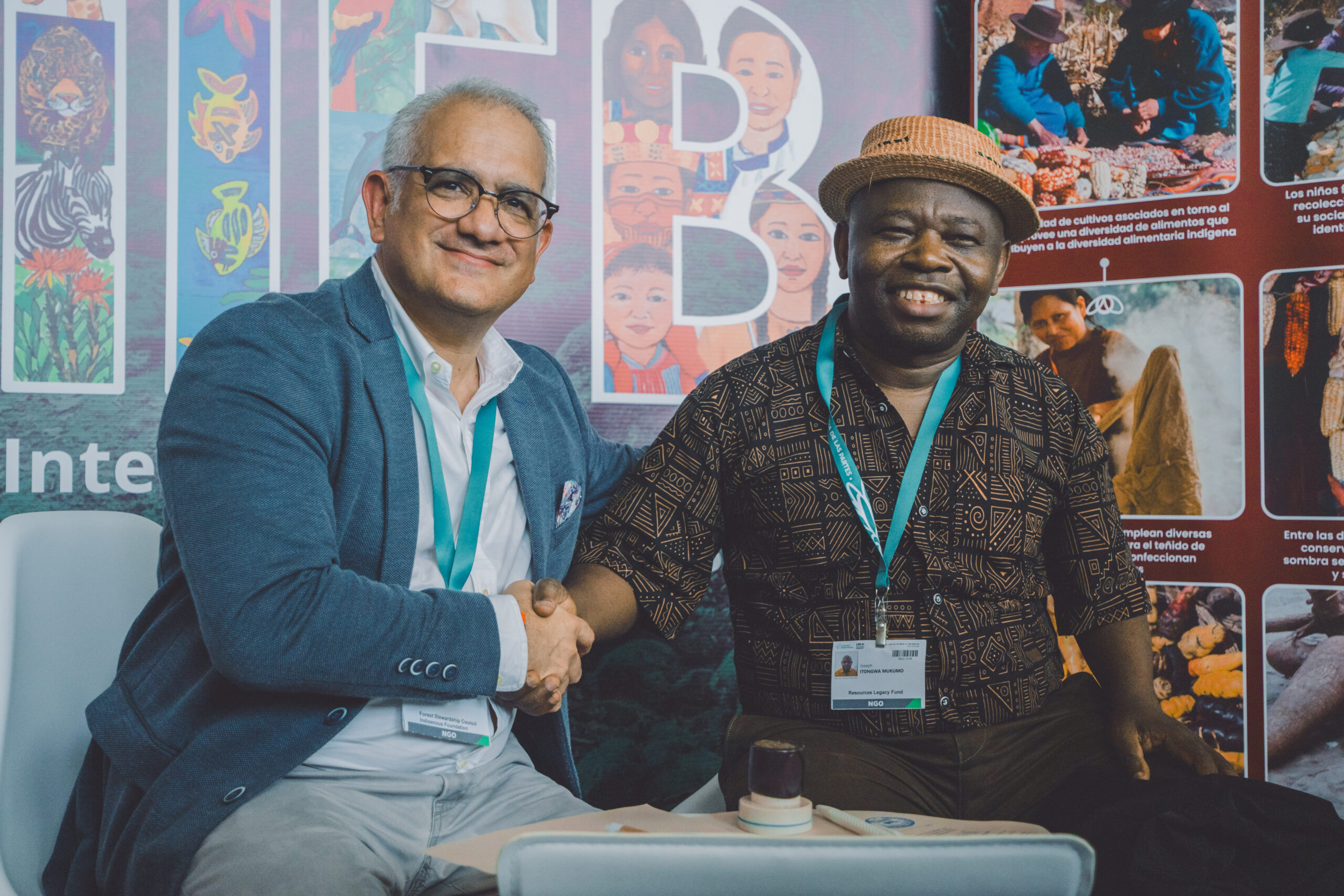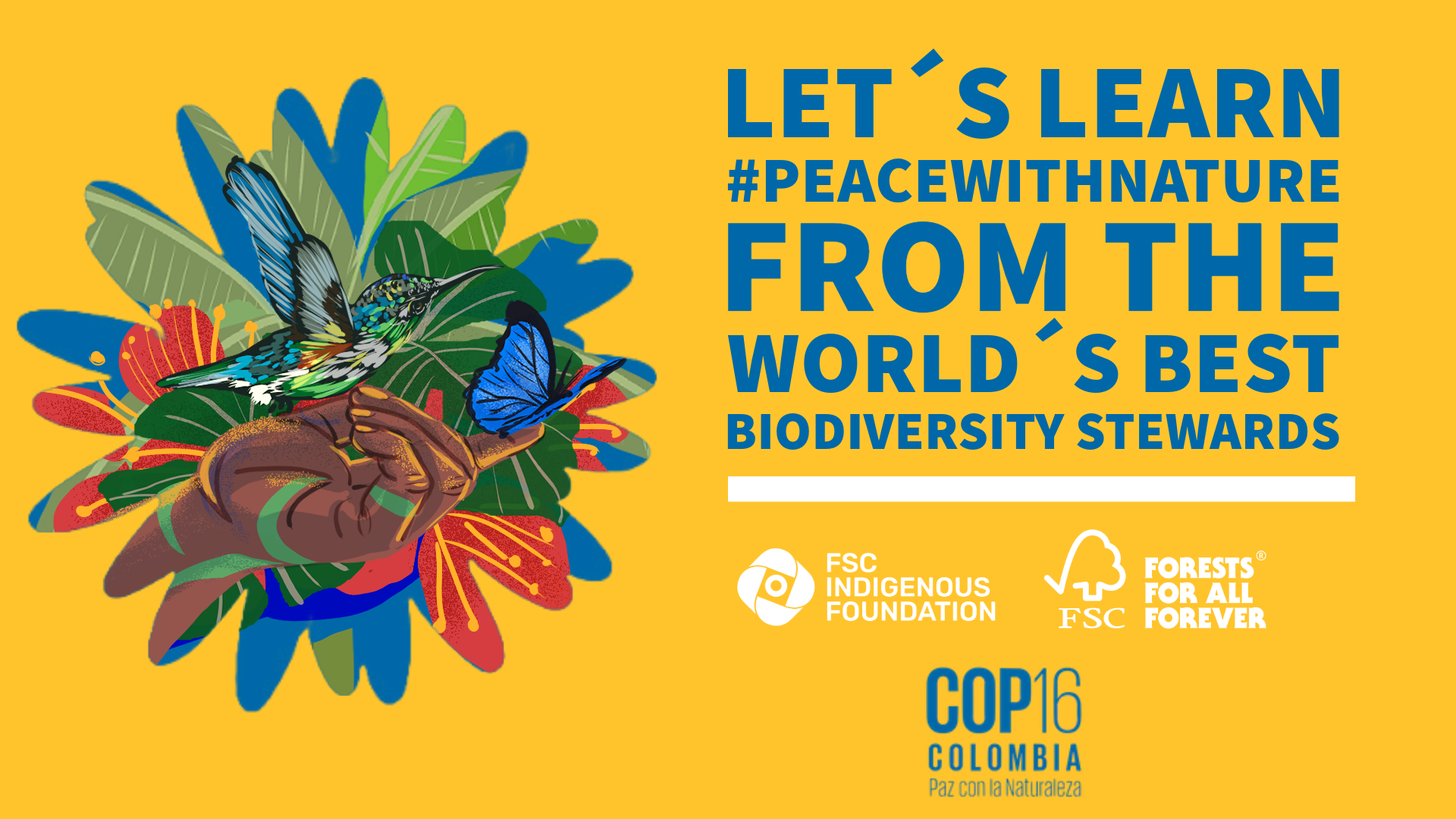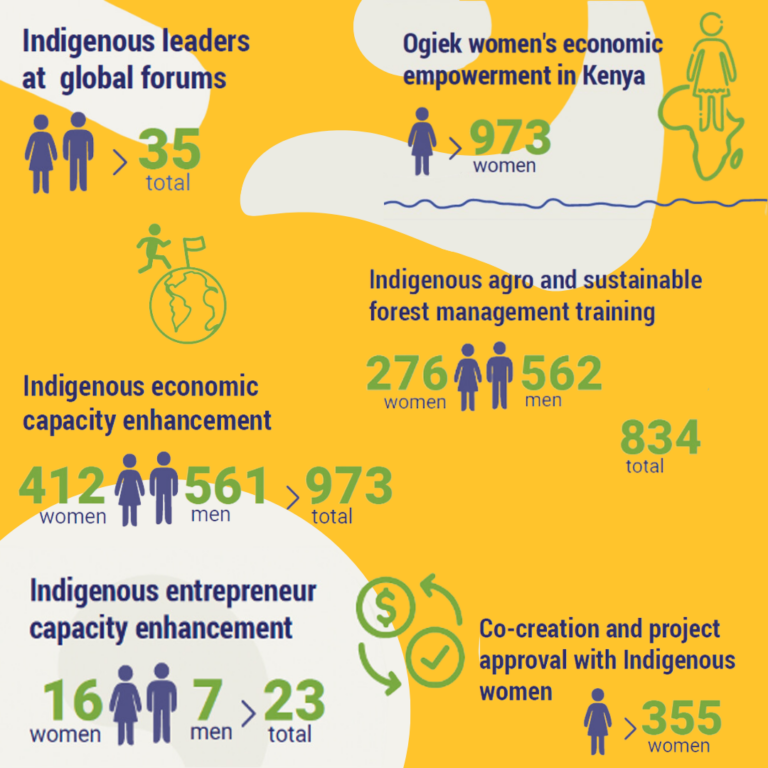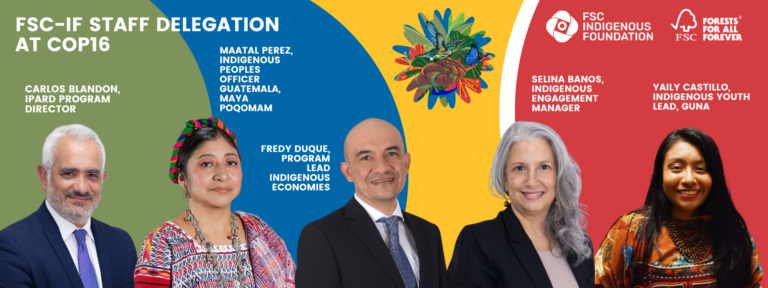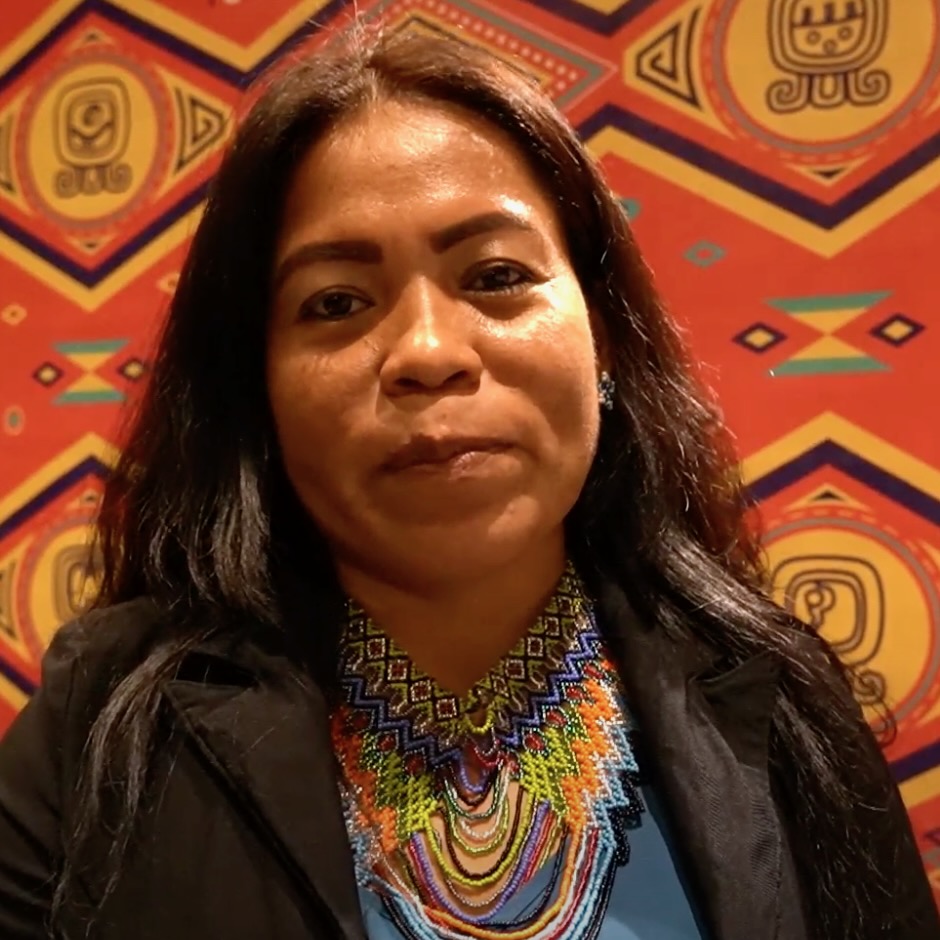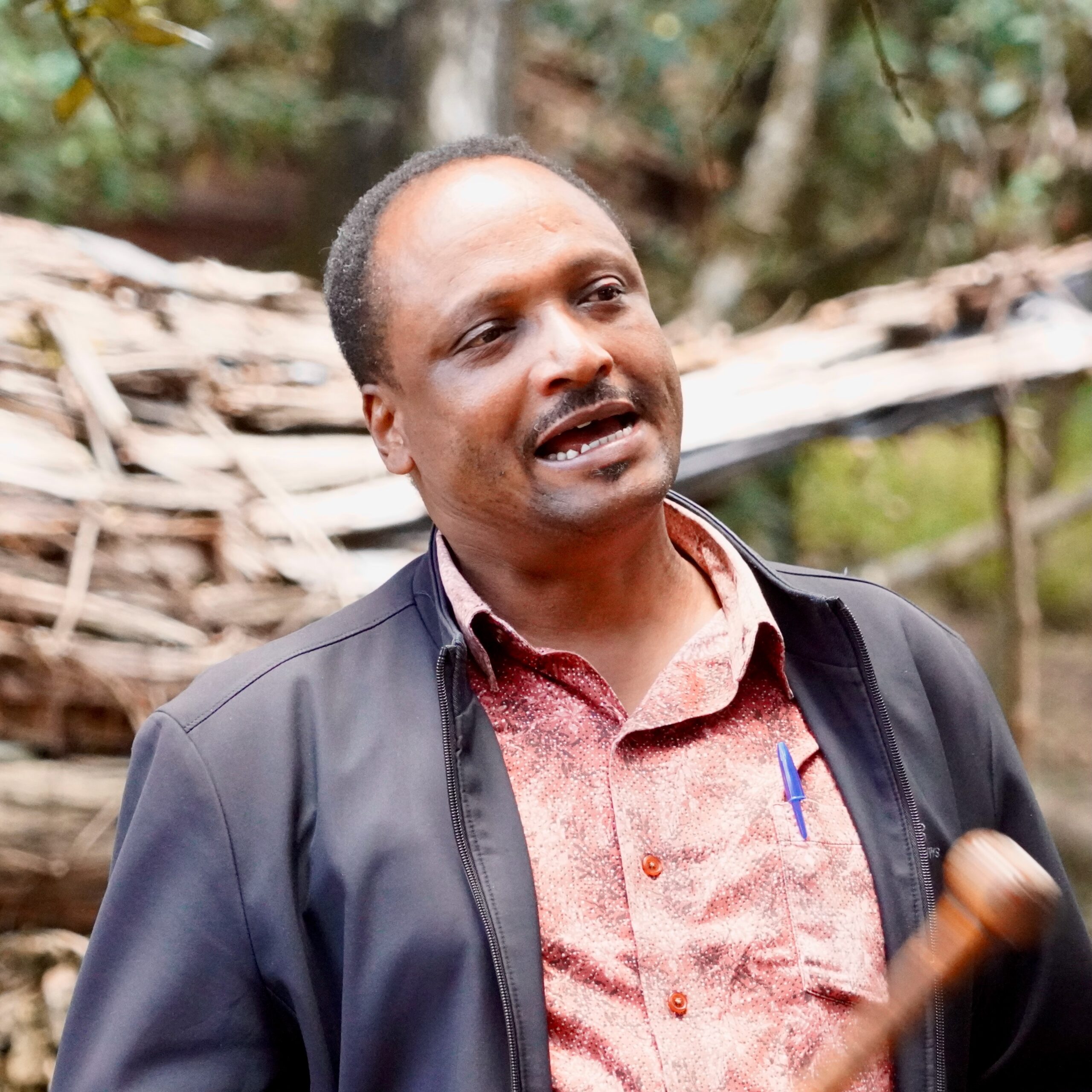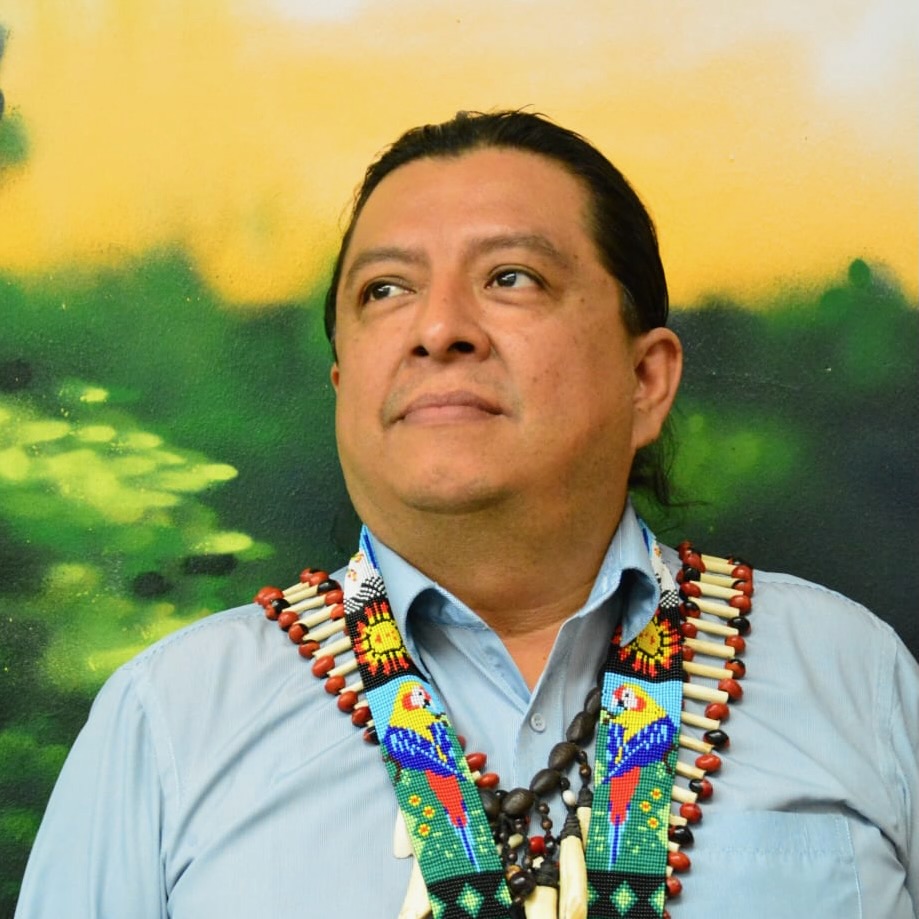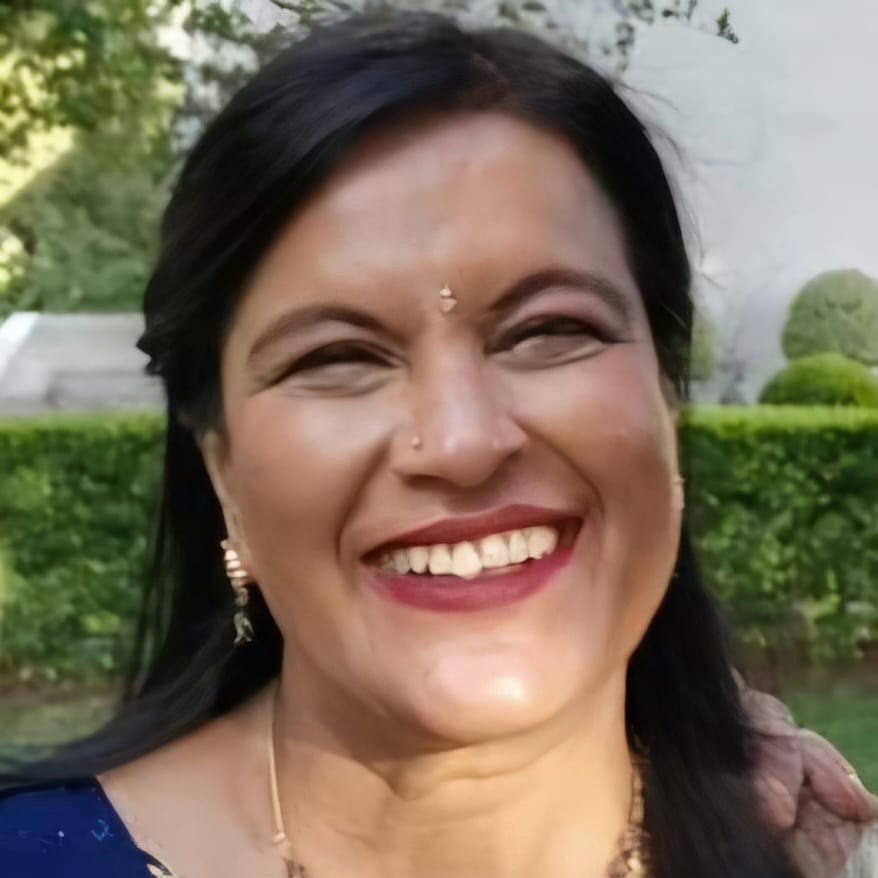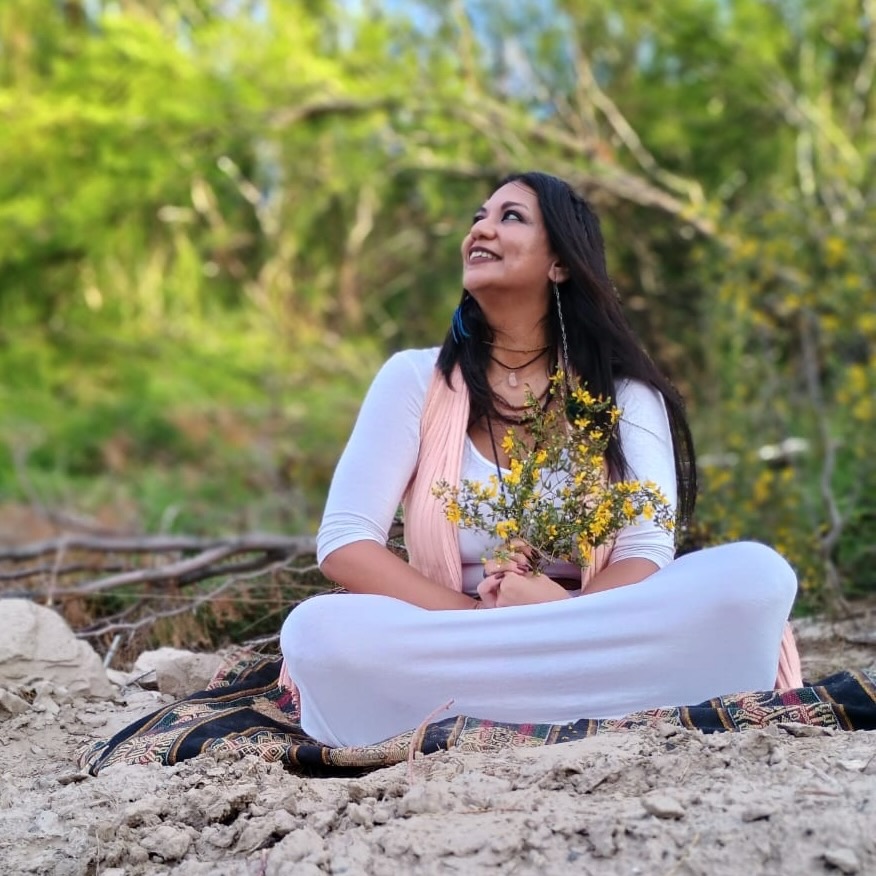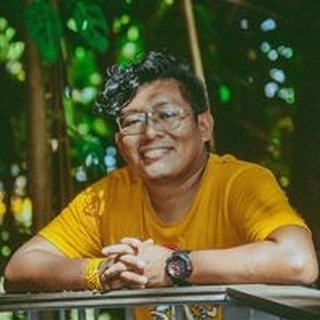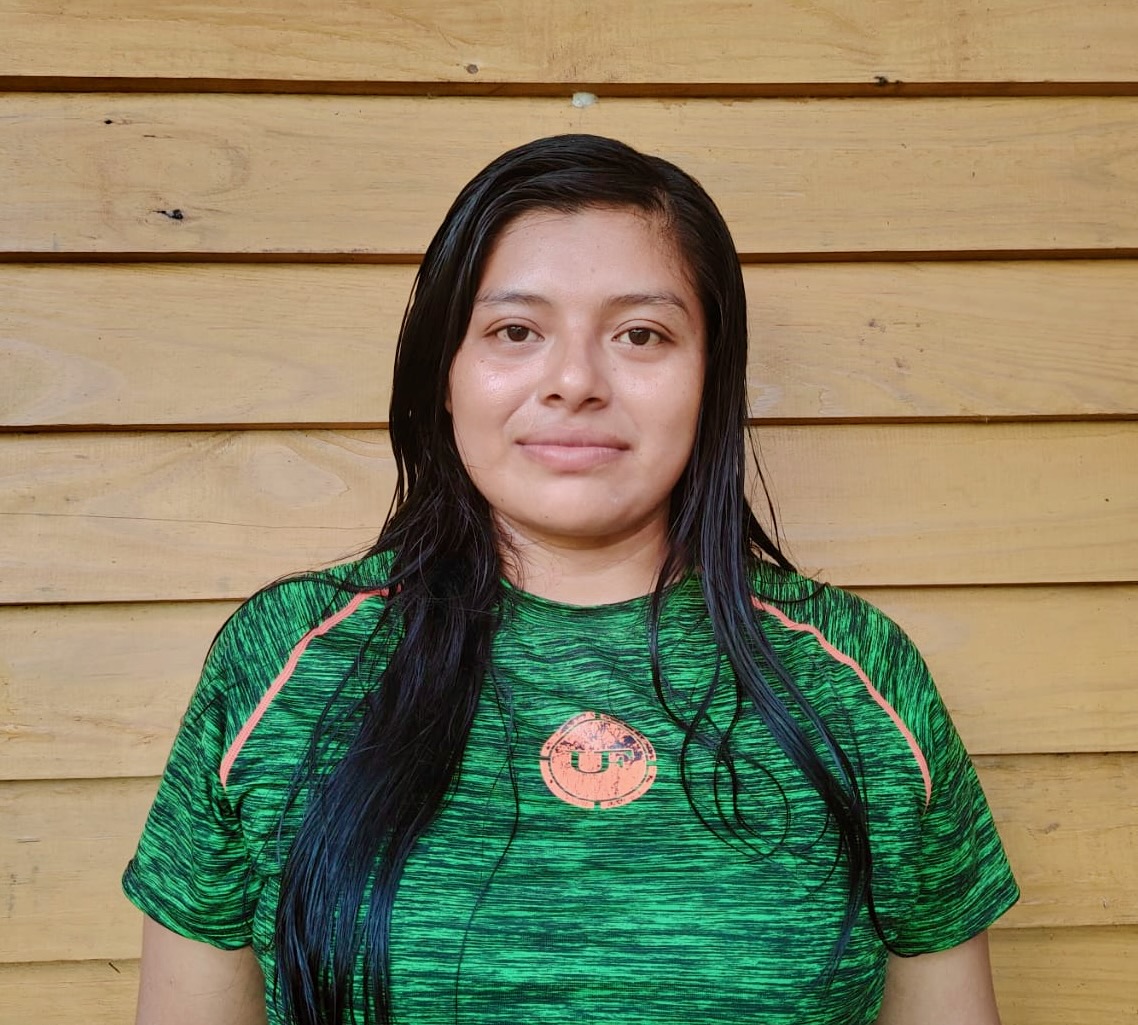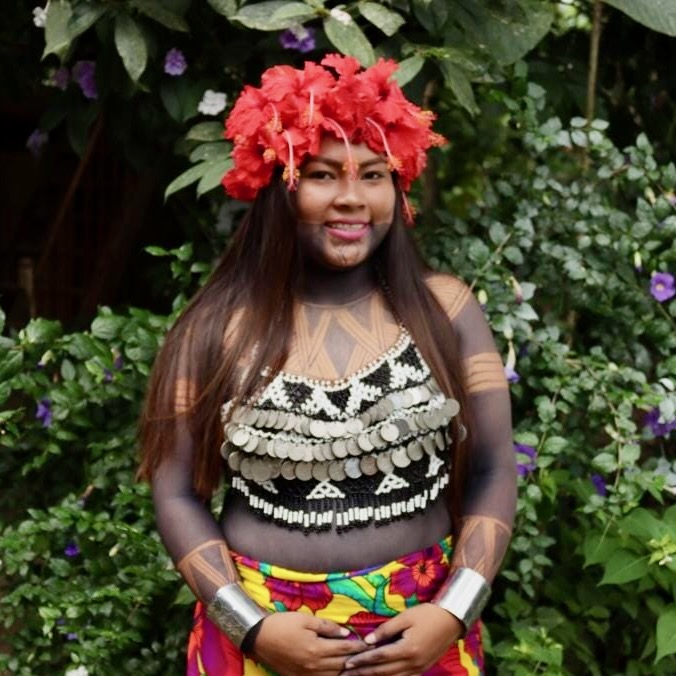Rights, recognition, and economic opportunities for Indigenous Peoples across Africa
At COP16 the FSC Indigenous Foundation signed an agreement with the Indigenous Peoples of Africa Coordinating Committee (IPACC)
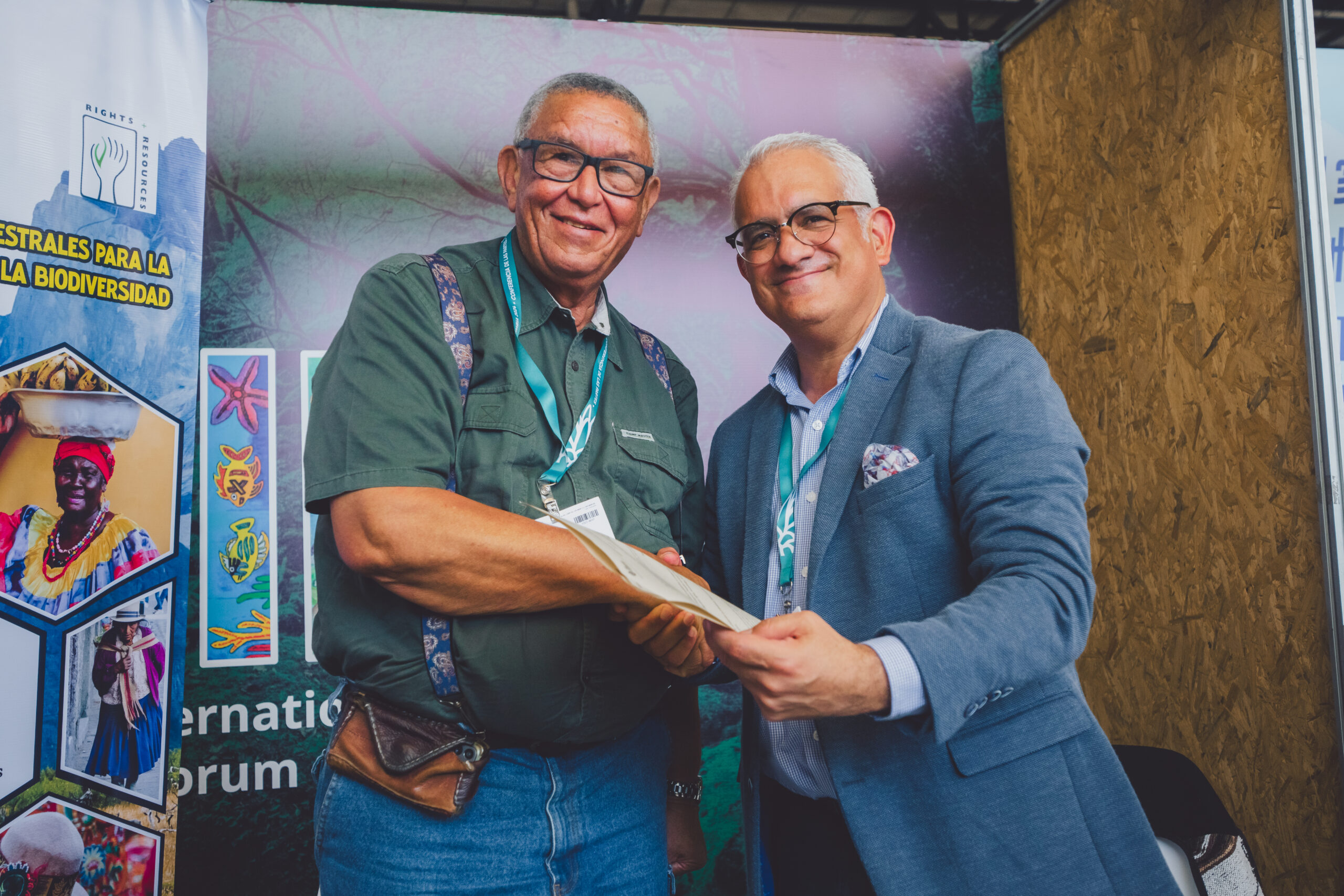
The Indigenous Peoples of Africa Coordinating Committee (IPACC) is the largest Indigenous Peoples’ network in the world, made up of 135 Indigenous Peoples’ organizations in 21 African countries and headquartered in Cape Town, South Africa.
At the Convention on Biological Diversity COP16, the FSC Indigenous Foundation is pleased to announce that we are expanding our collaboration with IPACC. Together, we will work with and for Indigenous Peoples in Africa to promote rights, self-development, and landscapes across the continent.
Our collaboration will focus on:
Capacity sharing to advocate for Indigenous Peoples’ rights in Africa: including strategic planning, IPACC’s women’s strategy, and technical support.
Promoting recognition and participation of Indigenous Peoples: for rights and self-governance of Indigenous Peoples in decision-making related to land and resources management.
Diversifying economic activities rooted in Indigenous cosmovision and traditional knowledge: including resource mapping, partnerships, technical support, and small grants for Indigenous women-led enterprises.
The planned activities are part of the Indigenous Peoples Alliance for Rights and Development (IPARD) Program, supported by USAID, the Forest Stewardship Council, and private sector partners.
We believe that working together with Indigenous Peoples is crucial for both their communities and the well-being of our planet. Join us to create sustainable impact for Africa’s biodiversity and beyond.
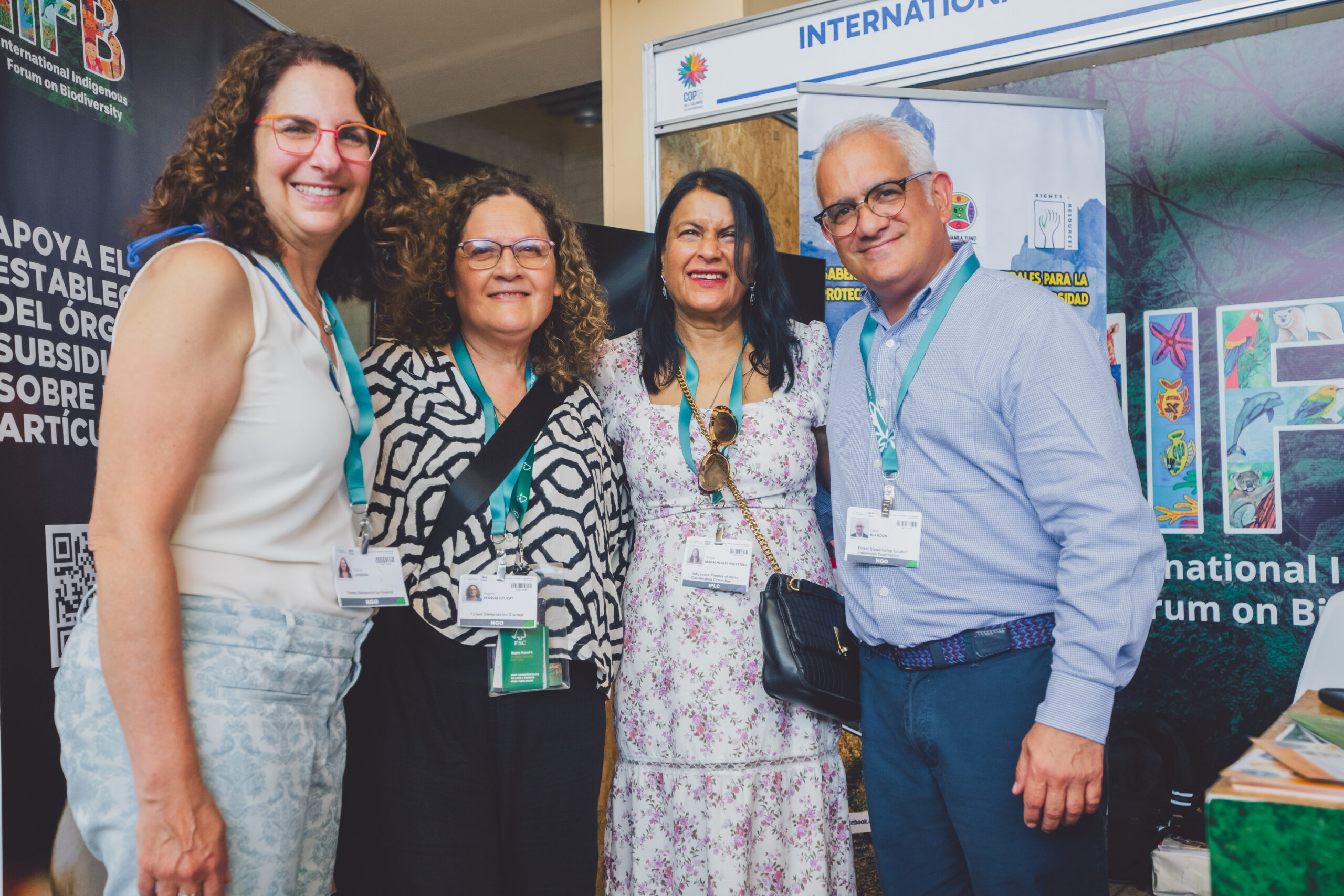
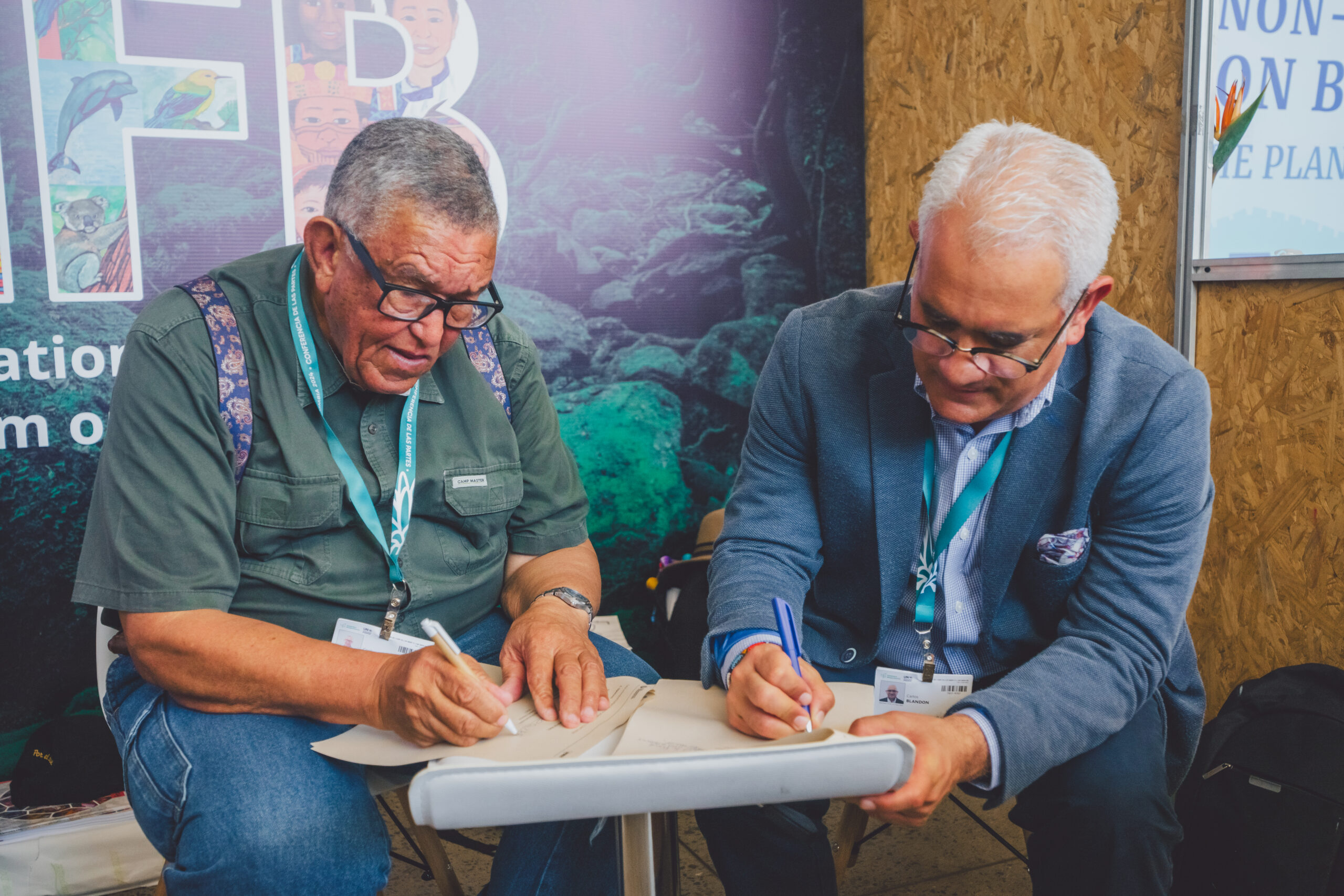
For more information, please contact:
Salina Sanou
FSC-IF Regional Director for Africa and Asia and IPARD Deputy Director

